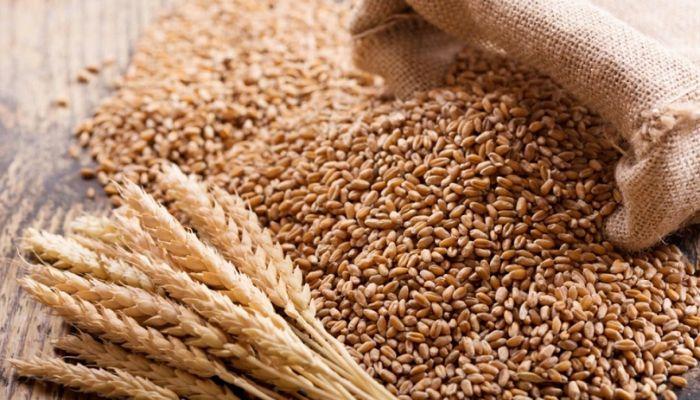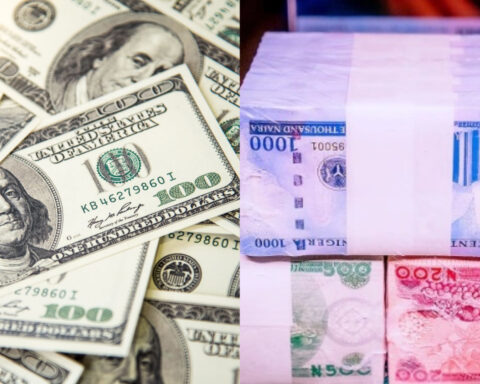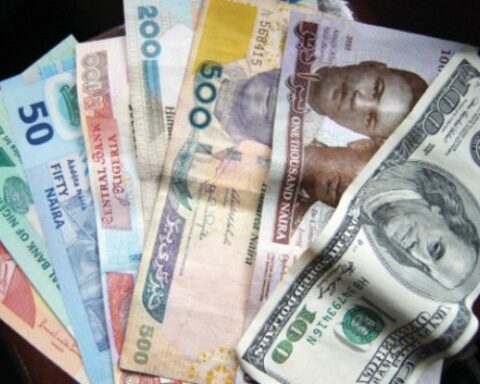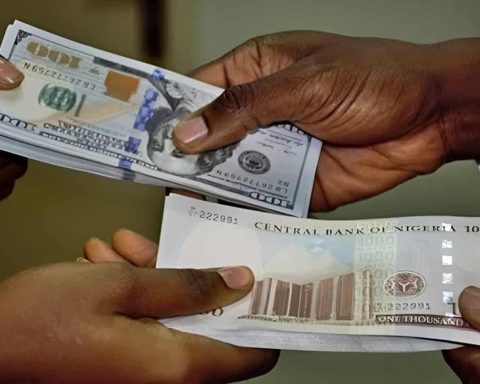Nigeria faces a mounting challenge as its importation of wheat skyrockets, putting pressure on its currency, the naira.
With imported wheat subsidiaries like noodles, pasta, and bread remaining staples in the country’s diet, the demand for wheat continues to surge in spite of the escalating costs of nearby options like garri and rice.
Join our WhatsApp ChannelIn 2023 alone, Nigeria imported a staggering N1.2 trillion worth of wheat, marking a 20% increment from the past year. This convergence of imported wheat not only strains the country’s foreign exchange reserves but also hampers its capacity to make much-needed employment inside the wheat production sector.
AfricaFarmer Mogaji, CEO of X-Ray Consulting Limited, emphasizes the pressing need for Nigeria to prioritize boosting local wheat production to reduce the strain on its economy. He stresses, “We cannot afford to import so much wheat any longer, and this must change.”
Currently, Nigeria imports 98% of its wheat needs, making it the third most imported product in the country. Despite being a major market for certain varieties of wheat, domestic production remains alarmingly low. Insecurity in wheat-growing locales, coupled with a lack of modern agricultural practices and quality seeds, prevents Nigeria’s capacity to compete on the global stage in wheat production.
Musa Shehu, the national president of the Wheat Farmers Association of Nigeria, highlights the challenges confronted by local farmers, citing uncertainty and incapable execution of agricultural interventions as major impediments. He emphasizes the need for Nigeria to learn from success stories like Ethiopia and Sudan, where innovative approaches have transformed wheat production.
READ ALSO: Naira Ends Week With 9% Depreciation, Exchanges N1,169/$1 At Official Market
In Ethiopia, strategic investments in research, irrigation, and mechanization have impelled the country from a net importer to a regional breadbasket. By creating heat-tolerant wheat varieties and advancing best agronomic practices, Ethiopia has accomplished remarkable self-sufficiency in wheat production.
Ethiopia’s success serves as a signal of hope for Nigeria, especially in its northern regions, which share similar climatic conditions. By prioritizing investments in modern seeds, irrigation, and mechanization, Nigeria can imitate Ethiopia’s journey toward self-sufficiency in wheat production.
While Nigeria has gotten financial bolster, including a $160 million loan from the African Development Bank to scale up local wheat production, the viability of these investments remains questionable. Past endeavors to boost wheat production have fallen short of expectations, highlighting the need for a more comprehensive and feasible approach.
As Nigeria is faced with the implications of its burgeoning wheat imports on the naira and the broader economy, the basis to prioritize domestic production has never been clearer. With valuable lessons to gather from Ethiopia’s success, Nigeria has the opportunity to transform its wheat industry, strengthen its currency, and create job opportunities for its citizens.















